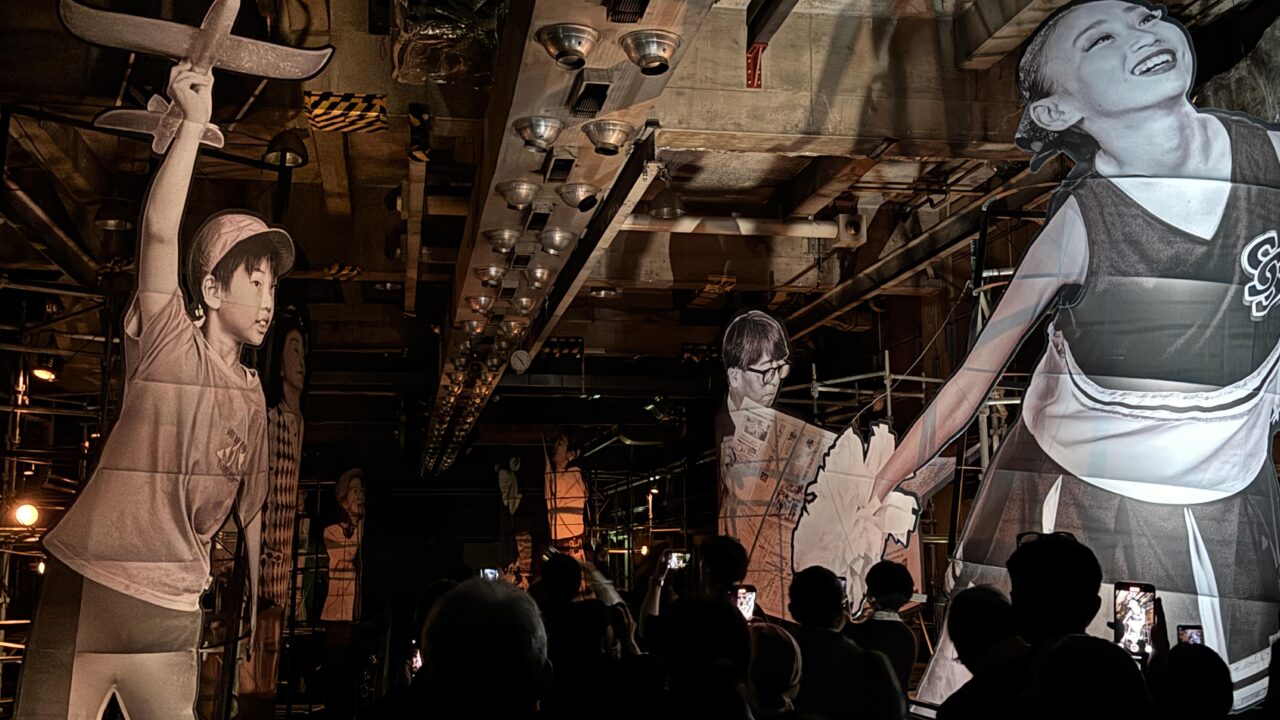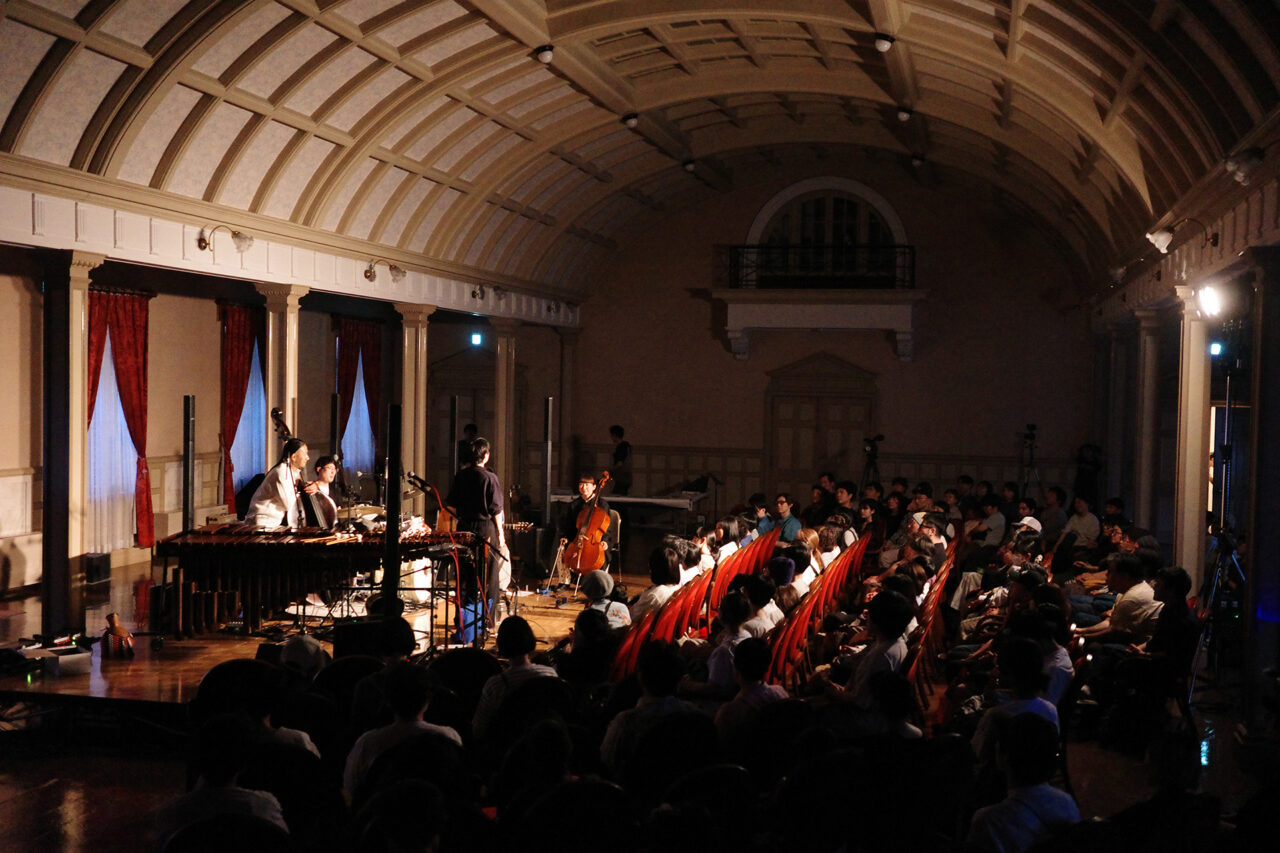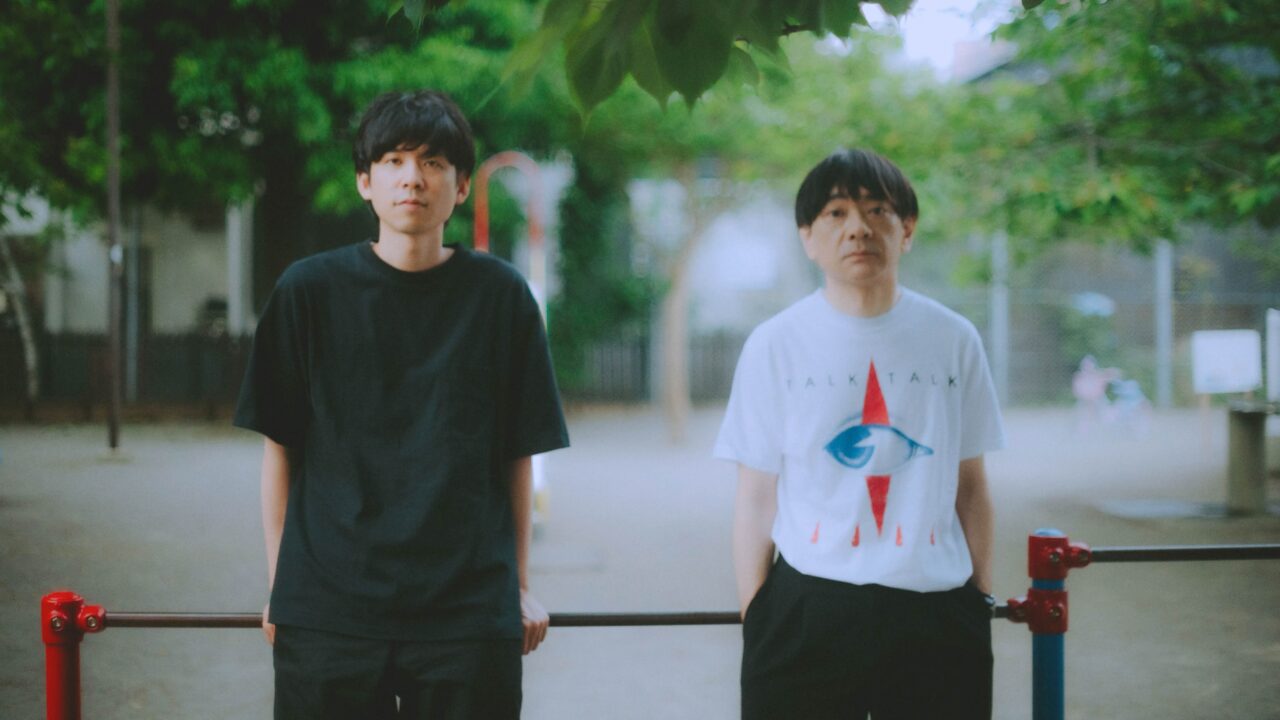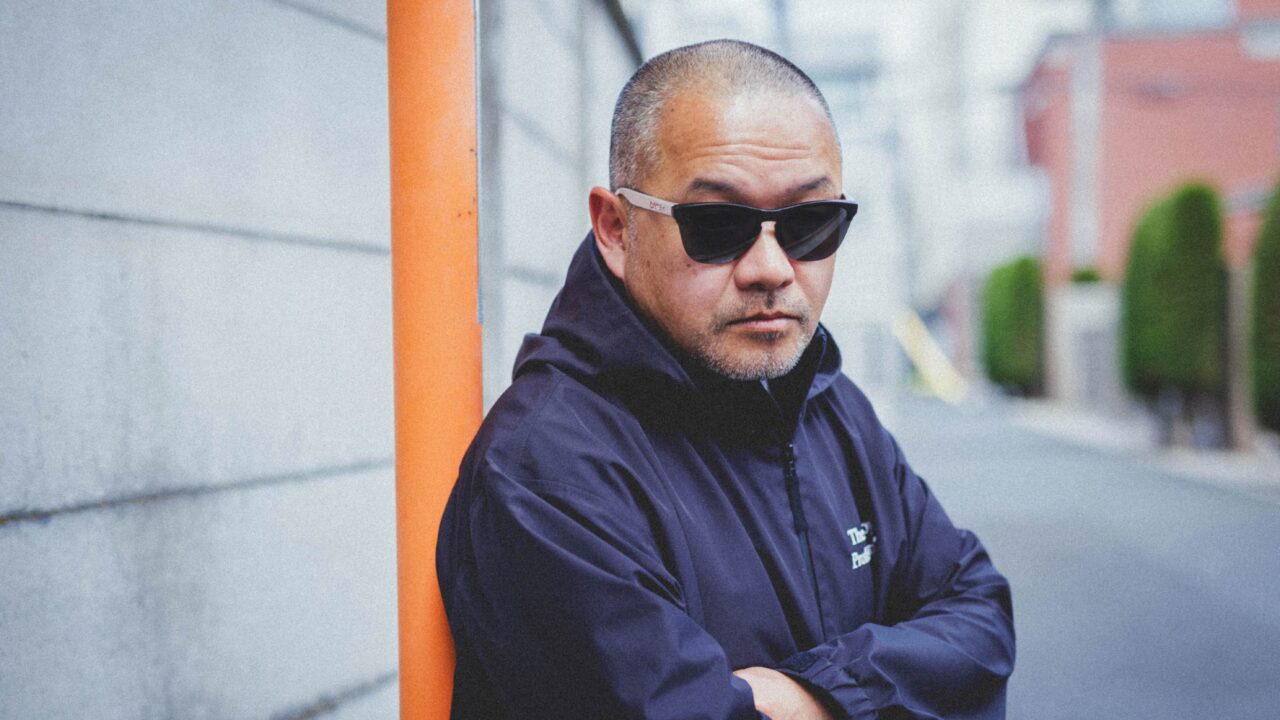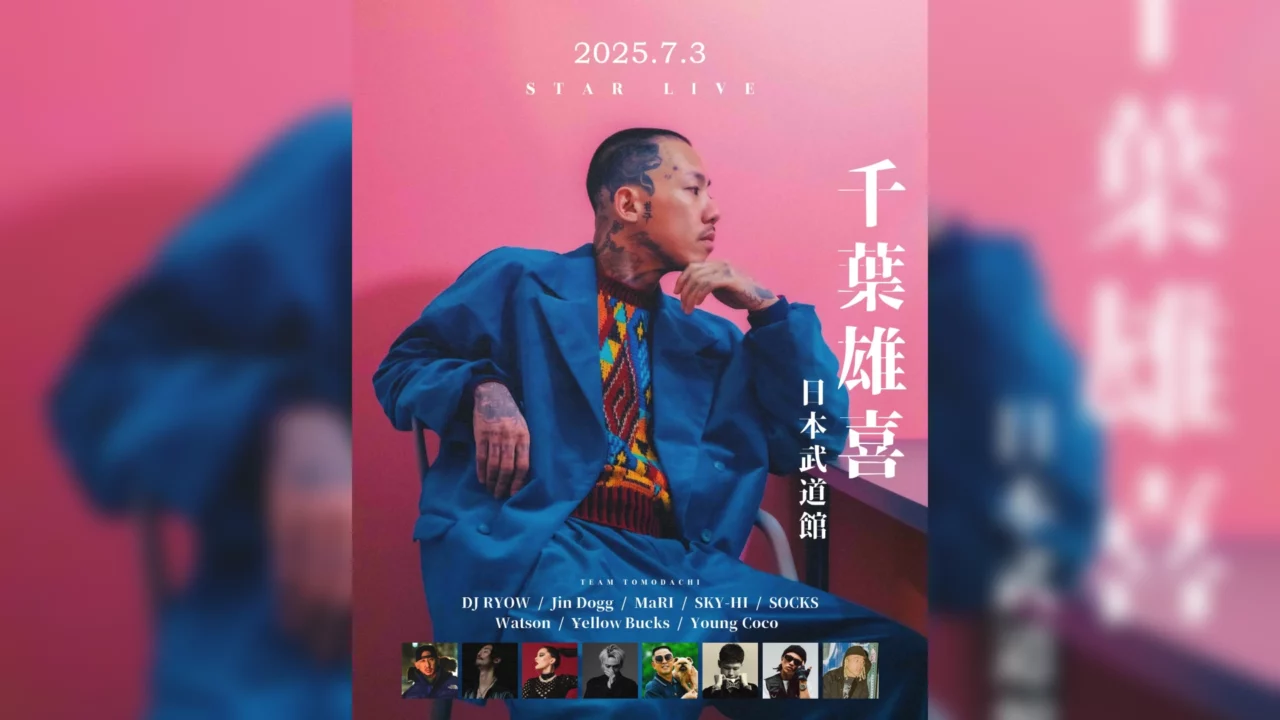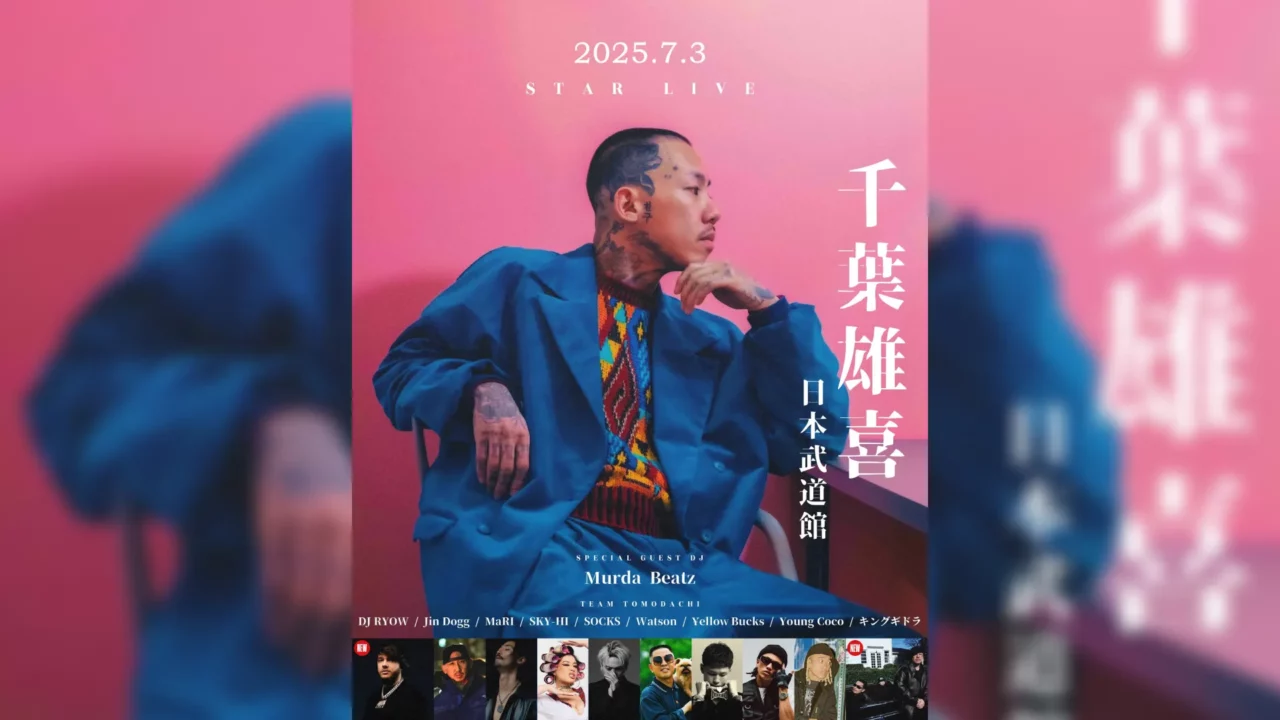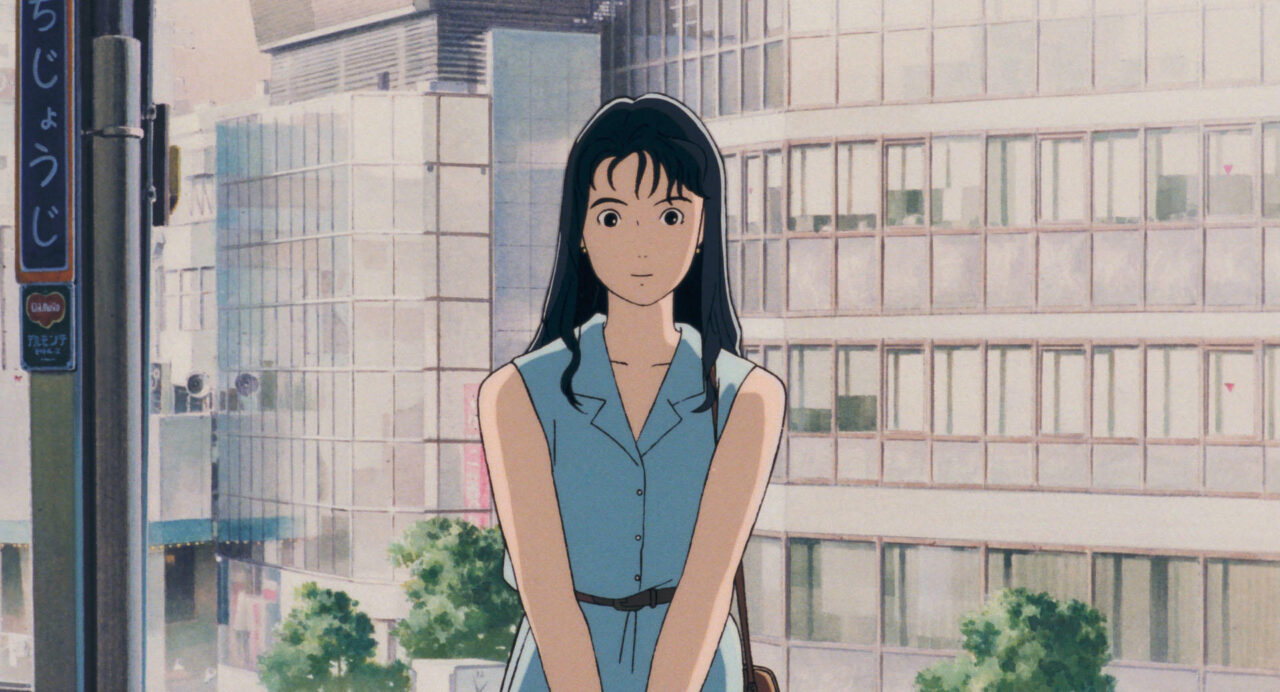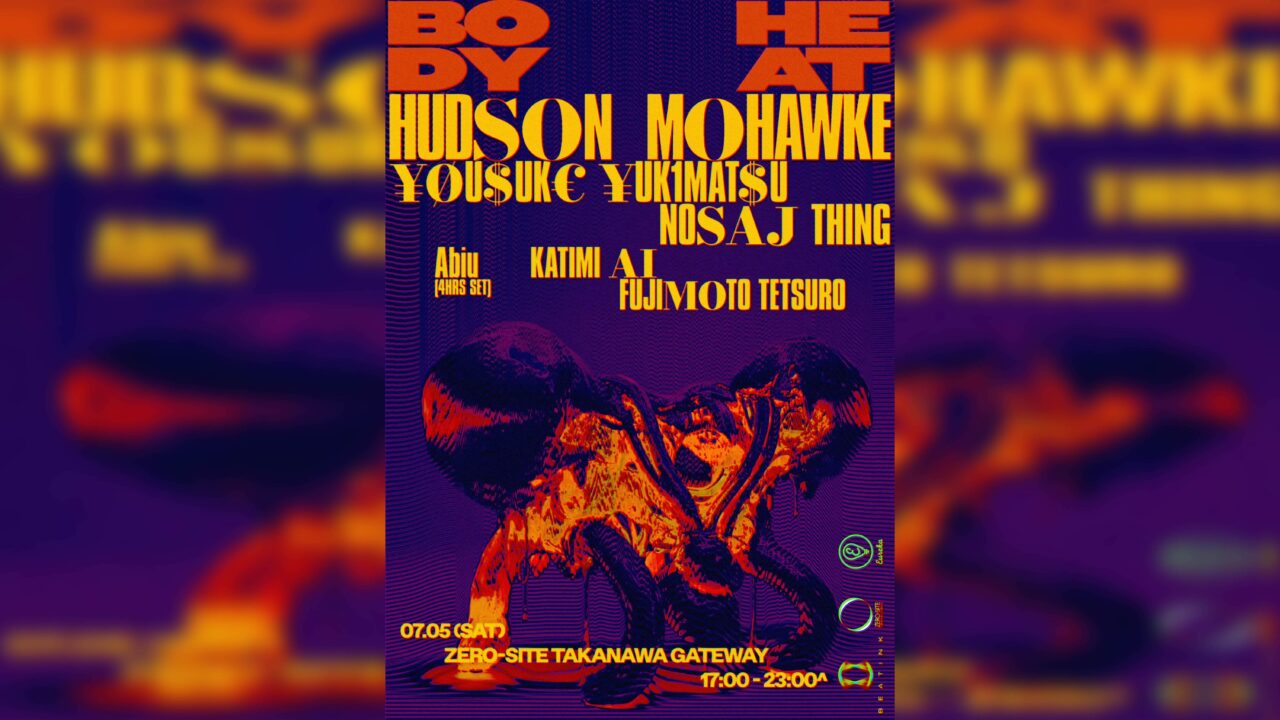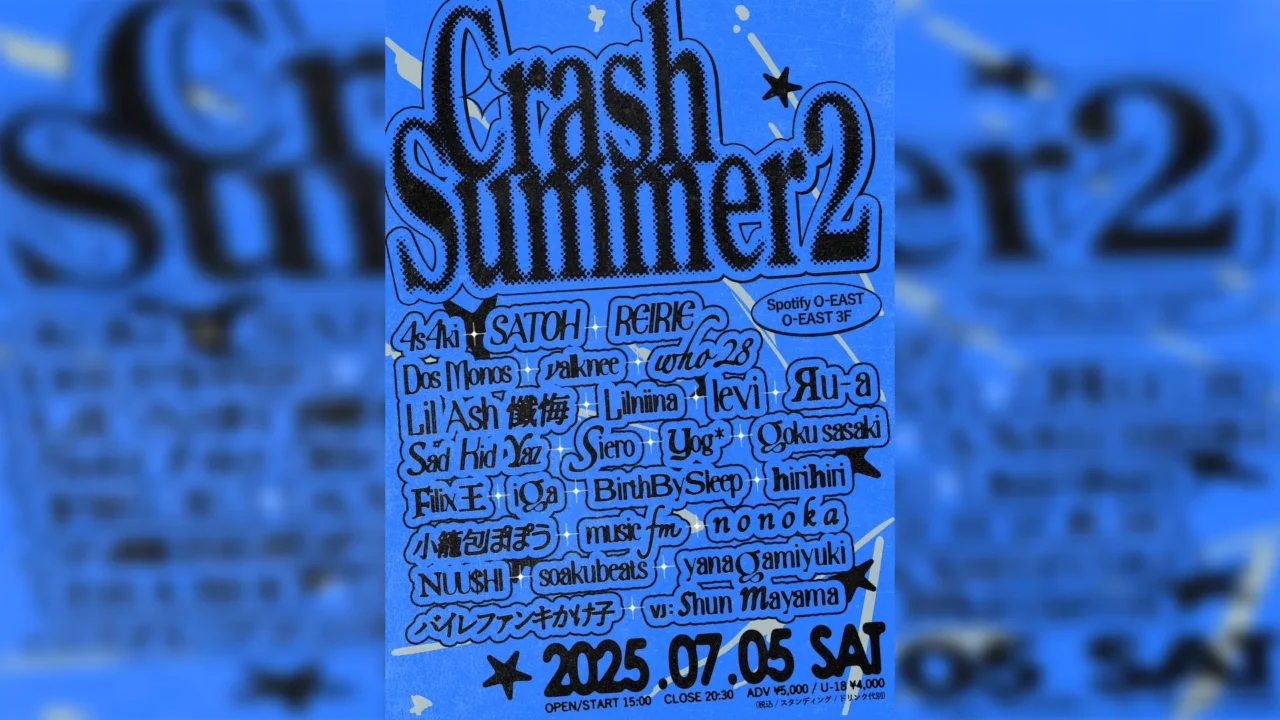Approximately 30 years after ‘Ikaten’ ignited the band boom in Japan, in 2019, a band audition program called ‘The Big Band (乐队的夏天)’ began streaming in China. This show is produced by iQiyi, a leading video streaming platform, and has aired its second season in 2020 and third season in 2023.
The program features bands with diverse musical styles from the Chinese-speaking world competing in a contest. It rapidly became a popular show, sparking a band boom in China. Due to the large population and vast territory, the entire rock scene has scaled up, and there is an increase in music professionals who can sustain themselves in the industry.
While the media has significantly expanded the band scene, how do those who have built the scene through DIY efforts feel about it? To gain insights, I spoke with Carsick Cars, a veteran band that introduced alternative rock values to the underground music scene in Beijing in the early 2000s, selling out tours in major cities. I anticipated that they, as pioneers, would provide a thoughtful perspective, and took the opportunity during their visit to Japan to hear their thoughts.
INDEX
Harmony in Individuality: Crafting a Unique Sound as Trio

Formed in 2005, Carsick Cars is an emblematic indie band that started its activities centered in Beijing, gaining strong support from figures in the Chinese music industry and sophisticated young music enthusiasts. They are affiliated with the music label “Maybe Mars,” which has produced outstanding indie bands in China. The band has accomplished numerous international tours, including the United States and Australia. In 2007, they accompanied Sonic Youth on their European tour, solidifying their status as a rare band continuing to lead China’s indie music scene.
<Comments from Japanese Artists> One of the most memorable moments in my life was the final day of the 2017 China tour spanning seven cities with DYGL. We covered Carsick Cars’ “Zhongnanhai” during the encore. Their music embodies a sound that, despite coming from a distant foreign land, feels just like ours. It’s a sound that exemplifies the straightforward idea that there are people in China who love music and play in bands, just like us. They represent China’s hidden alternative rock! – mitsume, Kawabe Moto https://www.tunecore.co.jp/artists/CarsickCars?lang=ja
I was looking forward to hearing about your long-awaited first show in Japan. I’ve heard that Qing (Dr.) and Weisi (Ba) have a fondness for Japanese anime and video games. Could you please introduce yourselves and share some of your recent recommendations in these areas?
Weisi (Ba): I play games from the 1980s on Steam. I also like Japanese retro games. I started with the first “Final Fantasy” in order, and now I am trying “Final Fantasy VI”.
Qing (Dr.): I saw “THE FIRST SLAM DUNK” 16 times in Chinese movie theaters! Shin Evangelion the Movie” is also great. Our manager applied the personalities of the three of us to Eva and said, “Ching is Shinji, Shawang is Asuka, and Weisu is Rei, right? Maybe she is tired of managing us (laughs).
I heard that you are not much into video games and anime.
Shouwang (Vo&Gt): Well, recently I’ve been watching documentaries about the relationship between hunting dogs and their prey. I thought the relationship between predator and prey was complex and interesting.
Qing (Dr.): Speaking of predator and prey, the final season of the anime “Marching Giants” is about to begin. I am looking forward to watching it in real time in Japan since I will be visiting Japan this time.
BiKN shibuya 2023,” in which Carsick Cars performed, was held on November 3 (Thursday, national holiday), and “The Final Season” of “Shinkage no Kyojin” began its broadcast on November 4 (Friday).

I notice that everyone has distinct hobbies. Carsick Cars has gained legendary status in the Beijing band scene, and their songs, while simple in structure, convey powerful messages and free-flowing ideas. To start, could you share insights into your process and the inspiration behind creating your songs?
Shouwang (Vo&Gt): When we write songs, we usually go into the studio and jam together. We then expand on the idea. As we do this, we apply the lyrics around the inspiration that will be the theme of the song.
Weisi (Ba): Qing and I have a noise music side project called “Snapline,” so we often get ideas from that.
The improvisational interlude of “Zhongnanhai,” a song that is synonymous with Chinese indie rock, is a perfect example of this.
Qing (Dr.): By keeping what the three of us, with our disparate sensibilities, thought was good, the greatest common denominator became the identity of Carsick Cars. The human touch, not the technical one, may be what makes us who we are.
Shouwang (Vo&Gt): I produce young bands, and there are several iconic live music venues in Beijing, and when young people play there, they can produce something good that we can’t produce. Inspiration can be found through young artists.
INDEX
Beijing’s Thriving DIY Culture: A Creative Groundswell
What are the prevailing trends in the Chinese rock scene? Initially, there was a shift toward commercialization preluding the audition program “The Big Band.” How do you perceive its scope and impact from the standpoint of those actively engaged in the scene?
Qing (Dr.): It was usually around 2004-2005 that new bands that were not in the so-called song style started to become active, and I think that they were an important part of the media’s discussion of youth culture from that time. After that, we gradually started collaborating with brands that were deeply connected to the culture, such as Converse and Zippo, etc. I remember well around 2010 when Converse started collaborating with bands and labels.
Weisi (Ba): Along the way, there were opportunities to connect with musicians and events overseas, such as the China-themed showcase at SXSW in the US, and to come together as a “cultural force” to bring the Chinese rock scene to a wider audience.
Carsick Cars participated in the second season of “The Big Band.” Could you begin by sharing the motivations behind your decision to join the show?
Weisi (Ba): My main motivation was “I want a better life!” (Laughs). After you actually performed, you got paid more for your events and had more opportunities to perform.
Shouwang (Vo&Gt): Personally, though, I don’t think it’s healthy for a band that has been doing this for years to become famous by appearing on the show. However, the number of people who are actually interested in indie bands has increased a lot due to the show, so I think that is a positive aspect.
Qing (Dr.): It’s not so much whether or not you get on TV, but rather what kind of show you get on, and this show is the only one in China right now. We didn’t win in the end, but it made us realize that it is not a band like us that is needed for such a show. The Big Band” later went on to collaborate with famous pop singers, so to be honest, I’m glad we didn’t join that trend (laughs).

What do you think about the the influence of this kind of commercialization on emerging bands?
Qing (Dr.): With the emergence of large live music venues and the increase in rental fees (……), there is an aspect of over-commercialization. It’s a bit unfortunate that the old scene of going to a studio on a whim, seeing someone from another band there, jamming lightly, and playing at …… is decreasing. But I guess it can’t be helped, since everyone has to eat.
Weisi (Ba): While live music venues are becoming more commercial, on the other hand, there is a new scene that is returning to DIY. There is a new trend of DIY live performances at factories, parks, and cafes in search of a place to perform. For example, our friends have performed at the event space “fRUITYSPACE,” and there are many interesting live performances there.
Shouwang (Vo&Gt): Yes, when you are pulled by commercialism, a new trend is born that can be a counter to it, so it is not necessarily only the bad side of being commercialized.
Is it a common practice for Chinese bands to consider the acquisition of advertising value as a standard part of their activities?
Shouwang (Vo&Gt): There are bands that want to be on TV and bands that don’t want to be on TV, so there may be a polarization. Whether you can benefit from the media is largely a matter of luck. Commercial capital is always in pursuit of what fits the times, but in music production, I think what you want to express comes first.
Qing (Dr.): Advertising collaborations are supposed to be done because both parties have the same ideas, but nowadays the sponsors’ intentions are inevitably stronger. I would like to see more good collaborations where the artists and sponsors are in agreement.
Weisi (Ba): It is inevitable that underground bands like us cannot get sponsors. We can’t collaborate with “Zhongnanhai” (*) (laughs).
The representative song “Zhongnanhai” from the first album “Carsick Cars” is said to be a song about cigarette brands, and in China, cigarette advertising is completely prohibited under the “People’s Republic of China Advertising Law.




